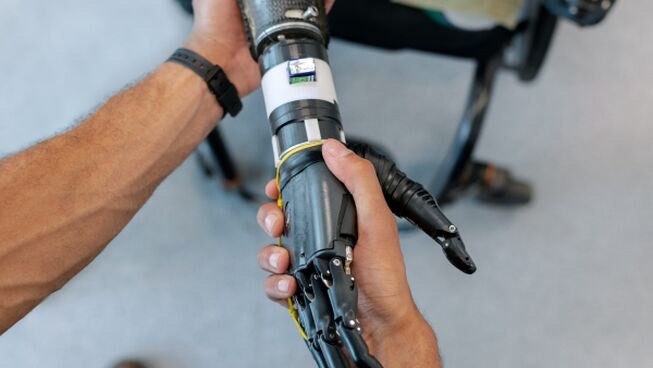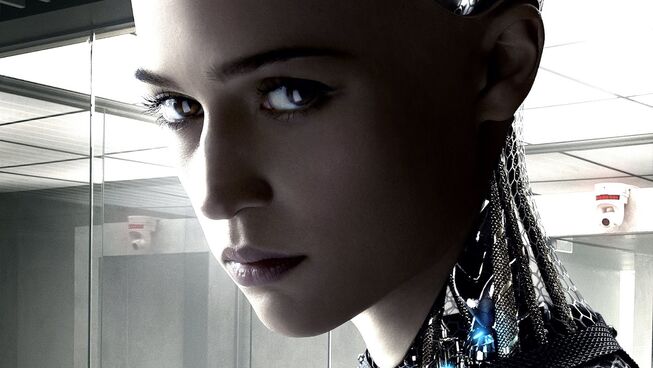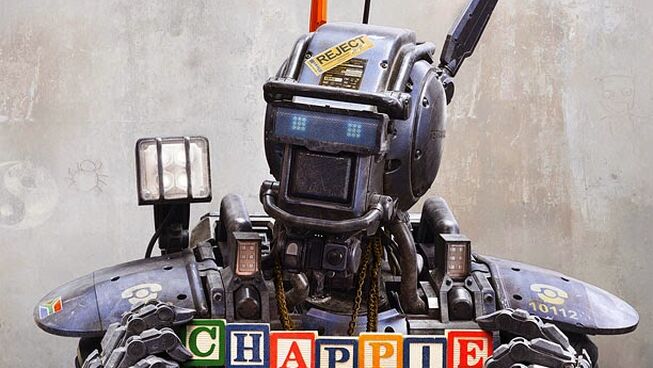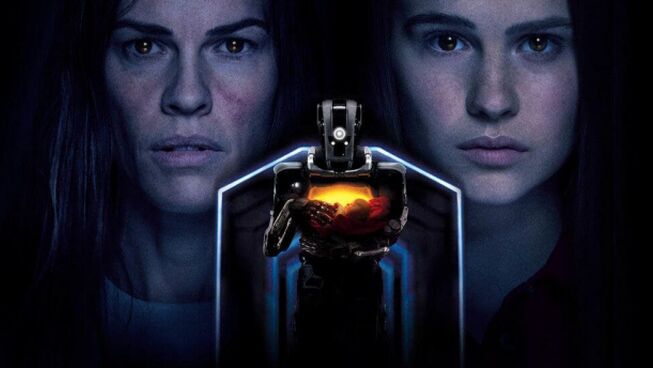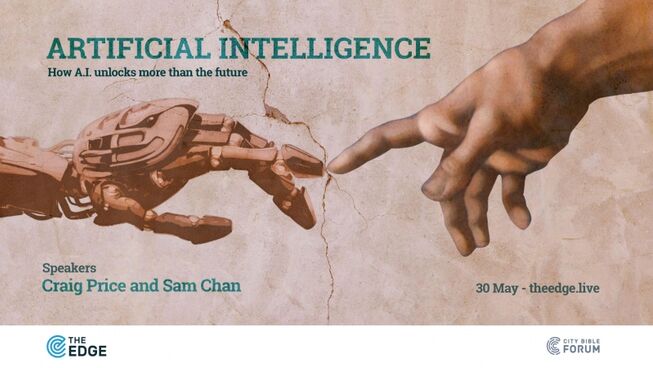Is technology making us less human?

Technology is everywhere. Look around on the train or bus on the way in to work, and you’ll see everyone glued to a screen. There’s a decent chance you’re reading this article that way right now.
And I find myself torn. I work with computers and love new shiny gadgets and am amazed by the wonders of new technological innovation. Yet I also decry the seeming shallowness and distance it brings to human relationship and community dialogue. And while I hope in clean energy and breakthroughs in medical research, I also fear a future of technological isolation, and the displacement and disempowerment that might come as machines further encroach upon nature and humanity.
Increasingly though, I’ve been thinking that Christians have a critical and particularly unique voice in this conversation. This book—written by Bronze Age goat-herders—frames our experiences in this modern technological age.
Christians believe that the universe is created by God and inherently good
It’s God’s repeated refrain in Genesis 1! Moreover human beings have a special role to play; God’s first command to humanity—our “job description” as it were—was to steward and fill this good creation (Gen. 1:28). The Bible begins with the image of single gardener tending plants in the cradle of creation (Gen. 2:15) and expands outwards to citizens of a future kingdom (Rev 21:1-2; 22:1-2)—a move from garden to global city.[1] But then sin entered the world. Through our disobedience, both our work and creation itself was cursed (Gen. 3:17-19). The Bible says humans bear the image of God; but, after the fall, sin has corrupted our nature.
These ancient truths can shape how Christians think about and engage with modern technology:
Christians don’t believe the material world is inherently evil
(unlike dualist religions), and so we can uphold and encourage scientific efforts to explore its wonders. Christians believe humans were created to steward nature, and so we can get excited by technological advances (unlike neo-luddites), whilst also decrying ecological exploitation and non-sustainable technological tools and systems (unlike pure capitalists). Perhaps most of all, Christians, are aware of the sinfulness in the heart of humanity—even and especially our own hearts—and so we remain ever on guard against hubris and technological utopianism (unlike many tech startups).
Beyond everyday ethics, the story of the Bible shapes how we engage with technology.
Given the ever accelerating rate of technological change, let's start looking beyond each "new tool" or "disruptive trend" to build a stronger underlying “theology” of technology.
And any Christian theology inevitably has its centre in Christ. Jesus has saved and restored us. And though creation still groans in expectation for Jesus’ return and for his restoration to be revealed fully (Rom 8:19), Christians believe that Jesus’ salvation and restoration is already effective in our lives today.
I wonder if Christians—as people united and alive in Christ and and no longer enslaved to sin (Rom. 6:5-14)—are uniquely spiritually positioned to re-examine those first commandments from our Maker in the garden. Contrary to accusations of being anti-science and anti-progress, surely those who share the mind of Christ (1 Cor. 2:16) are best placed to direct, design and develop “modern technology.” Working with caution and humility, but also with passion and joy—for the glory of God, the goodness of his creation; pointing to Christ, the one who ultimately restores all things back to himself (Acts 3:21).
Genesis 1:28-31
28 God blessed them and said to them, “Be fruitful and multiply! Fill the earth and subdue it! Rule over the fish of the sea and the birds of the air and every creature that moves on the ground.” 29 Then God said, “I now give you every seed-bearing plant on the face of the entire earth and every tree that has fruit with seed in it. They will be yours for food. 30 And to all the animals of the earth, and to every bird of the air, and to all the creatures that move on the ground–everything that has the breath of life in it–I give every green plant for food.” It was so. 31 God saw all that he had made–and it was very good! There was evening, and there was morning, the sixth day.
Revelation 22:1-5
1 Then the angel showed me the river of the water of life, as clear as crystal, flowing from the throne of God and of the Lamb 2 down the middle of the great street of the city. On each side of the river stood the tree of life, bearing twelve crops of fruit, yielding its fruit every month. And the leaves of the tree are for the healing of the nations. 3 No longer will there be any curse. The throne of God and of the Lamb will be in the city, and his servants will serve him. 4 They will see his face, and his name will be on their foreheads. 5 There will be no more night. They will not need the light of a lamp or the light of the sun, for the Lord God will give them light. And they will reign for ever and ever.
[1] And this city is not a concrete jungle. Rather, it is described using imagery of a giant tree and flowing rivers of life that dominate the city central. (Rev. 22:1-2)
